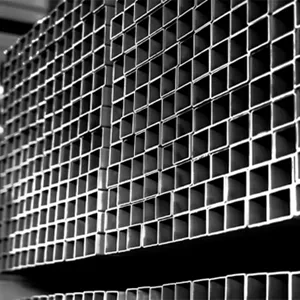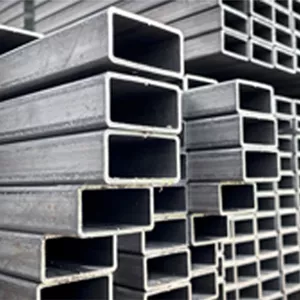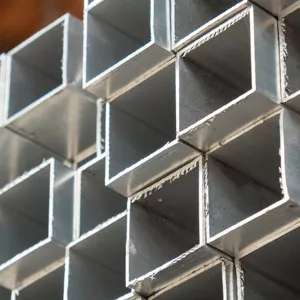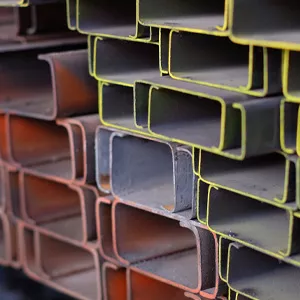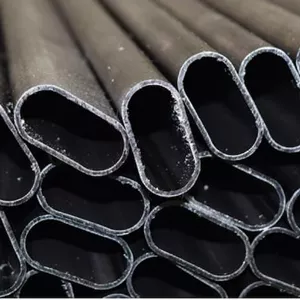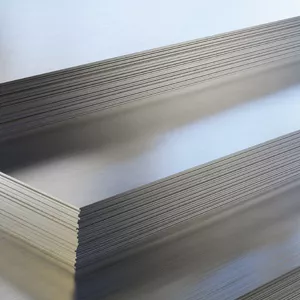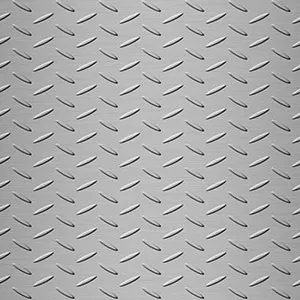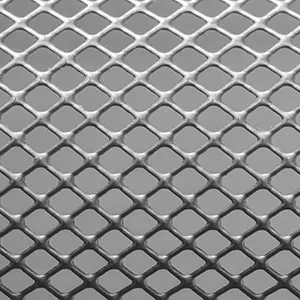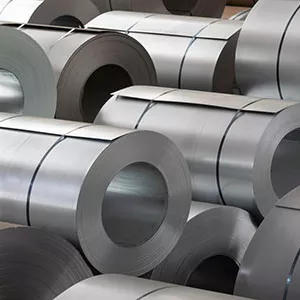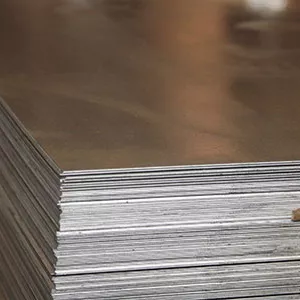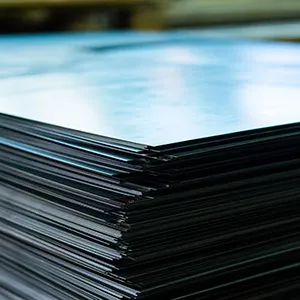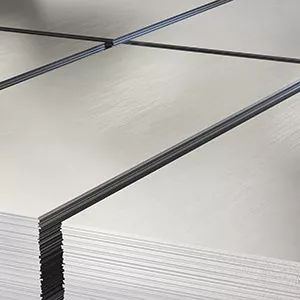
Expanded sheet prices constantly vary based on market conditions, exchange rates, and raw material costs. The quality of the steel used, energy expenses during production, labor costs, and fluctuations in the supply chain are factors that directly impact these prices. Additionally, during periods of high demand, expanded sheet prices may trend upwards, whereas they may remain stable or decrease when demand falls. Manufacturers' stock management, shipping costs, and sellers' competitive strategies also play a role in determining prices. Deha Metal aims to offer its customers the most advantageous deals on expanded sheet prices by closely following current market conditions.
Current Expanded Sheet Prices
Current expanded sheet prices are determined by both global and local dynamics in the steel sector. Disruptions in raw material supply, the supply-demand balance in the steel market, and international energy costs significantly contribute to the constant changes in these prices. Furthermore, the quality of the technology used in production, material processing capability, and the quality of the final product are factors that influence prices.
Exchange rates, especially when imported inputs are involved, can be decisive for expanded sheet prices. In addition to fluctuations in currency, customs duties and logistics costs are also reflected in prices. Moreover, as the dimensions and thickness of the expanded sheet increase, the amount of steel used rises, directly increasing the unit cost. Deha Metal provides always up-to-date price information and bespoke solutions by closely monitoring all these factors.
The competitive market environment is another significant factor shaping expanded sheet prices. To select the most cost-effective product among the offers from different companies, it's necessary to evaluate price performance without compromising quality. Deha Metal prioritizes customer satisfaction by ensuring both price advantage and the supply of quality and durable products.
How Are Expanded Sheet Prices Calculated?
Expanded sheet prices are generally calculated based on the weight of the product, unit price, and additional labor costs. Below is a basic formula that can be used for an example calculation:
Price = Sheet Weight (kg) × Unit Price (TL/kg) + Additional Labor or Coating Costs (TL)
- Sheet Weight: The weight of expanded sheets is calculated in kilograms based on predetermined dimensions and thickness. While the expansion process changes the structure of the sheet, the basic weight calculation is done considering the steel density and sheet dimensions.
- Unit Price: This represents the average price per kilogram in the steel market. Factors that determine this value include exchange rates, raw material conditions, energy costs, and market competition.
- Additional Labor or Coating Costs: Any surface treatment applied during or after the production of the expanded sheet (e.g., painting, galvanizing) or special cutting processes also affect the total price.
Example Calculation:
- Sheet Dimensions: 1,000 mm x 2,000 mm
- Thickness: 2 mm
- Weight (example value): 28 kg
- Unit Price: 26 TL/kg
- Additional Coating Cost: 50 TL/sheet
In this case:
Price = (28 × 26) + 50 = 728 + 50 = 778 TL
Of course, these values may vary based on the current conditions of the steel market, the expansion density of the sheet, and additional costs. Deha Metal provides tailored pricing for projects to offer the most cost-effective solutions to its customers.
How Are Expanded Sheet Prices Determined?
Expanded sheet prices arise from a combination of several internal and external factors. Below is a list of prominent factors in determining prices:
- Raw Material Supply: Steel raw material prices are shaped by the supply-demand balance in global markets. The production amount at mining operations, political developments, economic fluctuations, and changes in steel demand lead to changes in raw material prices.
- Exchange Rate and Taxes: Especially when imported steel or additional materials are used, exchange rate fluctuations are an important factor affecting prices. Additionally, customs duties, import restrictions, or additional taxes can directly increase prices.
- Labor and Energy Costs: Energy consumption during the production process of expanded sheets, labor costs, and the maintenance costs of the machinery used play a role in price determination. Increases in energy prices or changes in labor wages are reflected in expanded sheet prices.
- Technical Specifications: Technical parameters such as the thickness of the sheet, aperture size, expansion method, and desired dimensions affect the weight of the product and create direct differences in prices. Thinner or specially measured sheets require extra precision in production, which can increase prices.
- Competition and Demand: An increase in demand for expanded sheets locally and globally can lead to price increases. During periods of intense competition, companies may reduce their profit margins to offer better prices to customers.
- Logistics and Transport Charges: The distance to the delivery location, type of transport (road, sea, etc.), and transportation costs are important in pricing. The transportation of especially large-sized sheets can create additional costs.
Deha Metal adopts a transparent pricing policy for expanded sheet prices by considering all these variables. Aiming to provide customers with the right product at the right cost, Deha Metal develops flexible solutions by considering project requirements.
With the Deha Metal Advantage!
When planning costs for expanded sheet usage, it is crucial to monitor current market conditions and seek customized solutions according to needs. Deha Metal assists you in procuring the most cost-effective and quality products by offering consultancy on expanded sheet prices with its expert team. For current price information and special offer requests for your projects, you can contact the company’s expert team and receive quick results.
This way, you can gain a competitive advantage by using both economical and efficient solutions in your projects. With Deha Metal’s extensive experience, you can easily access any technical and price-focused support you need regarding expanded sheet.

 TR
TR

